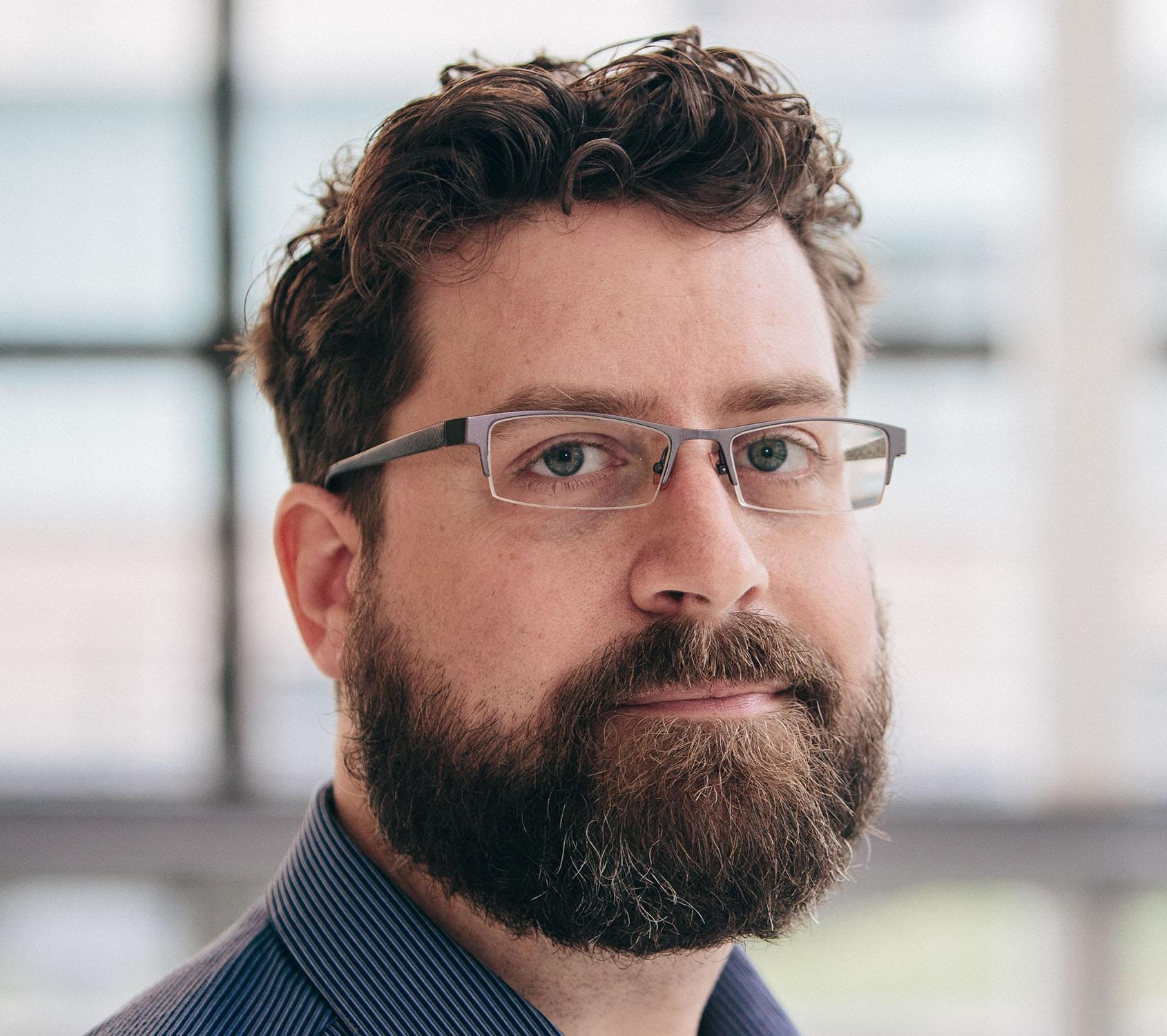Dr. Peter Mario Asaro
The H+ Magazine article Can “Terminators” Actually be our Salvation? A Conversation with Peter Asaro said
“In a fascinating paper entitled ‘How Just Could a Robot War Be?’ philosopher Peter Asaro of Rutgers University explores a number of robot war scenarios.Asaro imagines a situation in which a nation is taken over by robots — a sort of revolution or civil war. Would a third party nation have a just cause for interceding to prevent this?
Asaro concludes that the use of autonomous technologies such as robot soldiers is neither ‘completely morally acceptable nor completely morally unacceptable’ according to the just war theory formulated by Michael Walzer.
Just war theory defines the principles underlying most of the international laws regulating warfare, including the Geneva and Hague Conventions. Walzer’s classic book Just and Unjust Wars was a standard text at the West Point Military Academy for many years, although it was recently removed from the required reading list.”
Peter Mario Asaro, Ph.D. is a philosopher of science, technology, and media. His work includes academic scholarship, documentary film making, and technological and artistic projects. His interests focus on natural and synthetic brains, and their relationships with and through computational, information and media technologies.
In addition to Peter’s continuing work on the history of cybernetics and brain modeling, he is studying how contemporary science and technology address the relationships between the brain, ideas, the mental self, and culture.
His latest project examines the ethics of designing autonomous systems, and the nature of agency and responsibility in distributed socio-technical systems. This work extends his interests in engineering ethics and participatory design, social and emotional robotics, and new media communication technologies, and is currently focusing on the use of robotics for police and military applications.
Peter is a member of the faculty of the Department of Media Studies and Film at The New School University, where he taught “Media Studies: Ideas” for the Master of Arts Program in Media Studies.
Peter was a Visiting Scholar in New Media Literacies at the Center for Cultural Analysis at Rutgers University in New Brunswick, New Jersey. Prior to that, he was a Fellow in Mind and Culture at the Center, and taught a course on “Minds, Machines and Persons” for the Department of Philosophy. Before that, he was a Fellow in Digital Humanities at the HUMlab of Umeå University in Sweden.
His graduate studies were completed at the University of Illinois at Urbana-Champaign, where he earned a Master of Arts from the Department of Philosophy, a Master of Computer Science from the Department of Computer Science, and a Ph.D. from the History, Philosophy and Sociology of Science Program in 2006. He was also active in organizing the Graduate Program in Science, Technology, Information and Medicine (STIM).
After completing his Ph.D., he was a Fellow at the Austrian Academy of Sciences in Vienna, where he made documentary films of the scientific practices of European Space Agency scientists, and designed a gallery exhibit on the impact of space science and satellite technologies on modern life and culture.
Peter authored Transforming society by transforming technology: the science and politics of participatory design, Robots and Responsibility from a Legal Perspective, How just could a robot war be?, What Should We Want From a Robot Ethic?, From Mechanisms of Adaptation to Intelligence Amplifiers: The Philosophy of W. Ross Ashby, Heinz von Foerster and the Bio-Computing Movements of the 1960s, Computers as Models of the Mind: On Simulations, Brains and the Design of Early Computers, and Information and regulation in robots, perception and consciousness: Ashby’s embodied minds.
He has worked at the National Center for Supercomputer Applications (NCSA), the Beckman Institute for Advanced Science and Technology, and Iguana Robotics, Inc. in the areas of virtual reality, human-computer interaction, computer-supported cooperative work, artificial intelligence, machine learning, robot vision, and neuromorphic robotics.
His dissertation On the Origins of the Synthetic Mind: Working Models, Mechanisms, and Simulations was on the relationships between brain modeling, the development of early computers, and cybernetic and cognitive theories of mind in the period from the 1940s to the 1960s. Much of this work focused on the Biological Computer Laboratory at the University of Illinois (1958–1976) and the cyberneticians W. Ross Ashby and Heinz von Foerster who worked there.
Read his interview with the Institut für Religion und Frieden.
